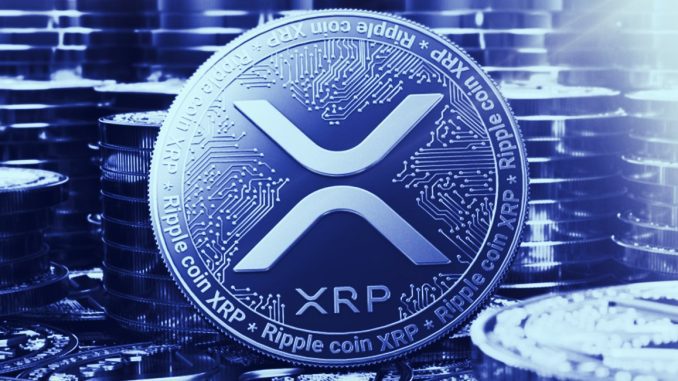
Ripple’s Fate Hangs in the Balance as SEC Lawsuit Nears Judgment
One of the most anticipated and controversial cryptocurrency lawsuits is nearing its end. The SEC vs. Ripple case began in December 2020 and has been a roller coaster ride for both parties and the XRP community. The case could have far-reaching implications for the future of crypto regulation and innovation in the U.S.
When will the judgment be announced?
The judge has set a deadline of April 15, 2023, for both parties to file their motions for summary judgment. After that, there will be a period of opposition and reply briefs, followed by oral arguments before the judge.
The judge will then issue her ruling on summary judgment, which could take weeks or months, depending on the case’s complexity.
Therefore, it is likely that the judgment will be announced sometime in April 2023 or shortly after that. However, this timeline could change if there are any delays or extensions granted by the court or requested by the parties. Moreover, if the case goes to trial or appeal, it could take much longer to reach a final resolution.
What is the SEC vs. Ripple case about?
The SEC vs. Ripple case is a legal dispute between the U.S. Securities and Exchange Commission (SEC) and Ripple Labs Inc., the company behind the XRP payment network and cryptocurrency.
The SEC alleges that Ripple and its executives, Brad Garlinghouse and Chris Larsen, raised over $1.3 billion through the sale and distribution of XRP without registering it as a security, as required by federal law.
The SEC claims that XRP is an investment contract that expects investors to profit from Ripple’s efforts.
On the other hand, Ripple argues that XRP is not a security but a digital asset that functions as a medium of exchange and a bridge currency for cross-border payments.
Ripple asserts that XRP is decentralized and independent of Ripple’s control and has numerous use cases beyond Ripple’s products and services.
Ripple also accuses the SEC of cherry-picking facts, ignoring market realities, and creating uncertainty and confusion for the entire crypto industry.
What are the possible outcomes of the case?
The SEC vs. Ripple case has gone through several twists and turns, with both sides scoring victories and setbacks along the way.
The case has involved motions to dismiss, discovery disputes, requests for intervention, amicus briefs, public statements, and settlement rumors.
The point is currently in the summary judgment phase, where both parties will present their arguments and evidence to the judge, who will then decide whether to grant or deny summary judgment.
The case has several possible outcomes, depending on how the judge rules on summary judgment.
Some of these outcomes are:
- The judge grants summary judgment in favor of the SEC, finding that XRP is a security and that Ripple violated securities laws by selling it without registration. This would be devastating for Ripple and XRP holders, who would face potential fines, penalties, disgorgement, injunctions, and delistings.
- The judge grants summary judgment in favor of Ripple, finding that XRP is not a security and that Ripple did not violate securities laws by selling it without registration. This would be a massive win for Ripple and XRP holders, who would be vindicated and free from regulatory uncertainty.
- The judge denies summary judgment for both parties, finding that there are disputed issues of material fact that need to be resolved by a jury trial. This would prolong the case for another year or more and leave room for a potential settlement between the parties.
- The judge grants partial summary judgment for either party, finding that some aspects of XRP are securities and some are not or that some sales of XRP were securities offerings and some were not. This would create a mixed outcome that could lead to further litigation or negotiation.
What are the implications of the case for crypto?
The SEC vs. Ripple case is widely regarded as one of crypto history’s most important and influential cases.
It could set a precedent for how other cryptocurrencies are regulated and classified by the SEC and other agencies. It could also affect the innovation and adoption of crypto in the U.S. and globally.
If the SEC wins the case, it could signal the regulator’s more aggressive and restrictive approach toward crypto assets and projects. It could also deter other crypto companies from operating in or entering.








Leave a Reply